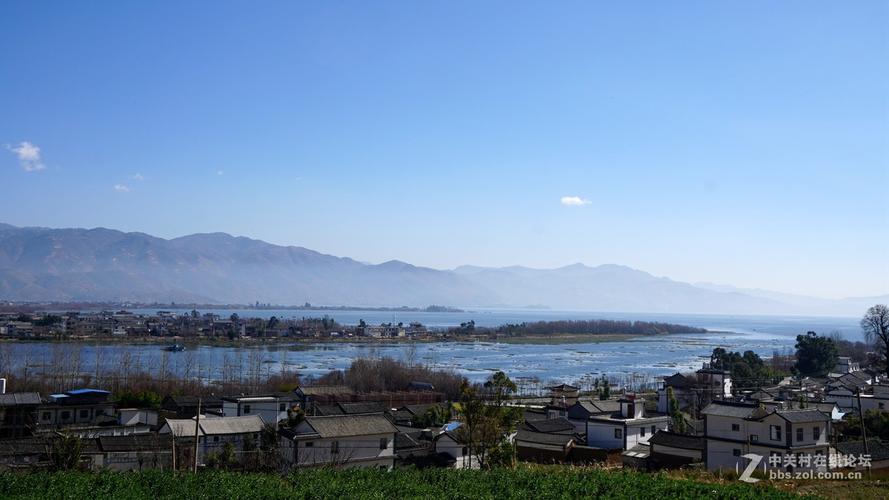The Importance of the Albanian Islamic Cultural Center in Preserving Albanian Culture
Located in New York City, the Albanian Islamic Cultural Center (AICC) plays a fundamental role in preserving Albanian culture globally. Established in 1974, AICC is the first mosque built by Albanians in the United States. It has functioned as a community center and a place for Albanian Muslims to practice their religious traditions for almost 50 years. The center has become an essential hub for the Albanian community and has contributed significantly to the preservation of Albanian culture, language, and identity.
Background
It’s important to understand the historical background of Albanians to recognize the significance of AICC. Albania has had a tumultuous history. Its people have experienced war, occupation, and genocide. During the communist regime of Enver Hoxha from the late 1940s until the early 1990s, religion was banned in Albania. The regime wanted to eliminate any institution that could challenge its absolute authority. As a result, many religious buildings were destroyed, and religious practice was outlawed.
For Albanians living in diaspora, in this case, the United States, maintaining their cultural identity and religious practices became essential. AICC was established to serve as an icon for cultural and religious identity.
Role of AICC in Preserving Albanian Culture
AICC plays a fundamental role in preserving Albanian culture. The center hosts language classes, dance classes, and other cultural events. It provides Albanians a place to participate in Albanian customs while they are away from home.
AICC also functions as a meeting place for Albanian community leaders, where they can share ideas and concerns. The center acts as a bridge between Albanians and non-Albanians, welcoming people from different backgrounds to learn about Albanian culture and history.
Integration of Religion and Culture
The integration of culture and religion is also significant in Albanian culture. AICC functions as a religious space that hosts the traditional Friday prayers and Islamic celebrations such as Ramadan and Eid al-Fitr. These occasions provide the opportunity for Albanians living in the US to connect with their religious customs and maintain their religious identity.
Simultaneously, AICC’s religious functions align with its cultural programs in preserving Albanian traditions. Attendees of these functions experience the unique blend of Albanian and Islamic customs in their practices. This integration of religion and culture distinguishes AICC from other Islamic centers and is a fascinating example of religious and cultural integration.
Impact of AICC on Albanian-American Community
AICC has significantly impacted the Albanian-American community. It is not only a religious center or community hall but also holds significant symbolic meaning for Albanians living in the US. For many, AICC symbolizes their hope for preserving their cultural roots, customs, and language when separated from their motherland.
Additionally, AICC has functioned as a crucial resource for Albanians fleeing war zones or persecution in their homeland. During the Kosovo war in the late 1990s, AICC hosted refugees fleeing their homes, providing them with shelter, food, and clothing.
Conclusion
In conclusion, the Albanian Islamic Cultural Center plays a critical role in preserving Albanian culture globally. Its contributions have helped maintain the Albanian-American community’s cultural identity, traditions, and religious practices. By hosting a combination of religious and cultural events, the AICC effectively integrates cultural practices with religious customs. As such, AICC is an essential institution in the Albanian diaspora, preserving and protecting the community’s identity for future generations.
(Note: Do you have knowledge or insights to share? Unlock new opportunities and expand your reach by joining our authors team. Click Registration to join us and share your expertise with our readers.)
Speech tips:
Please note that any statements involving politics will not be approved.
